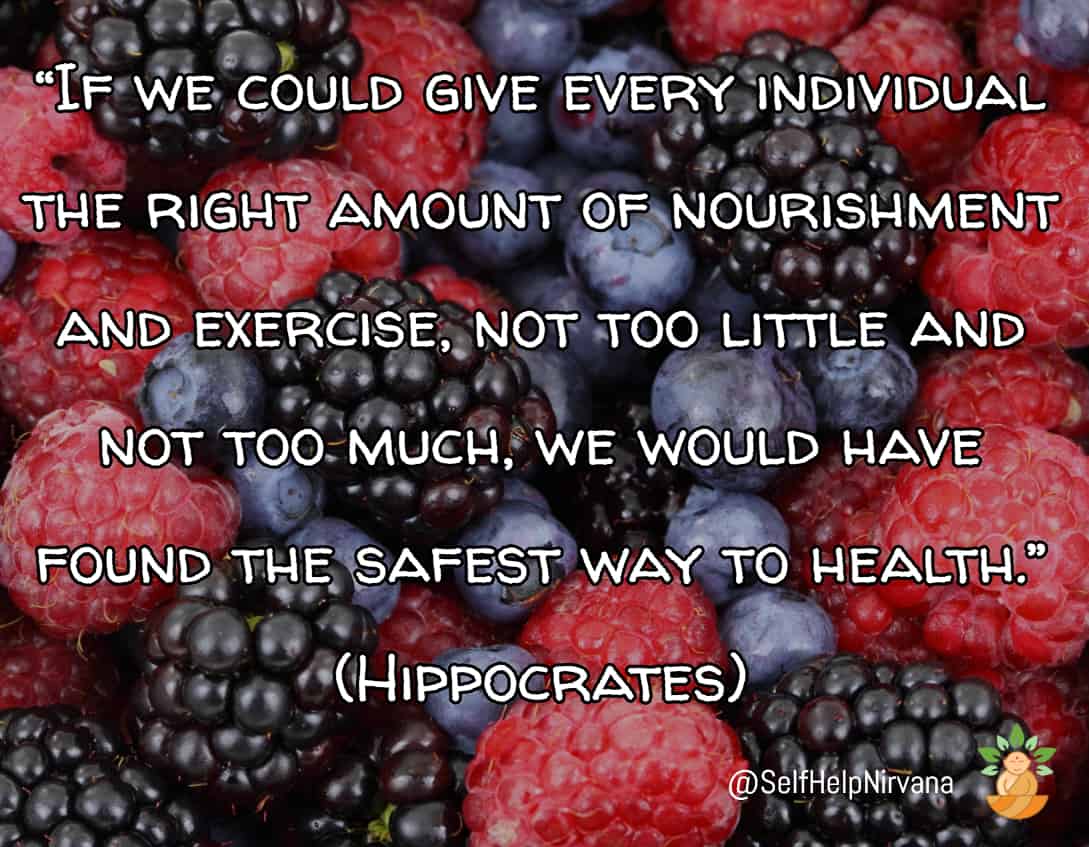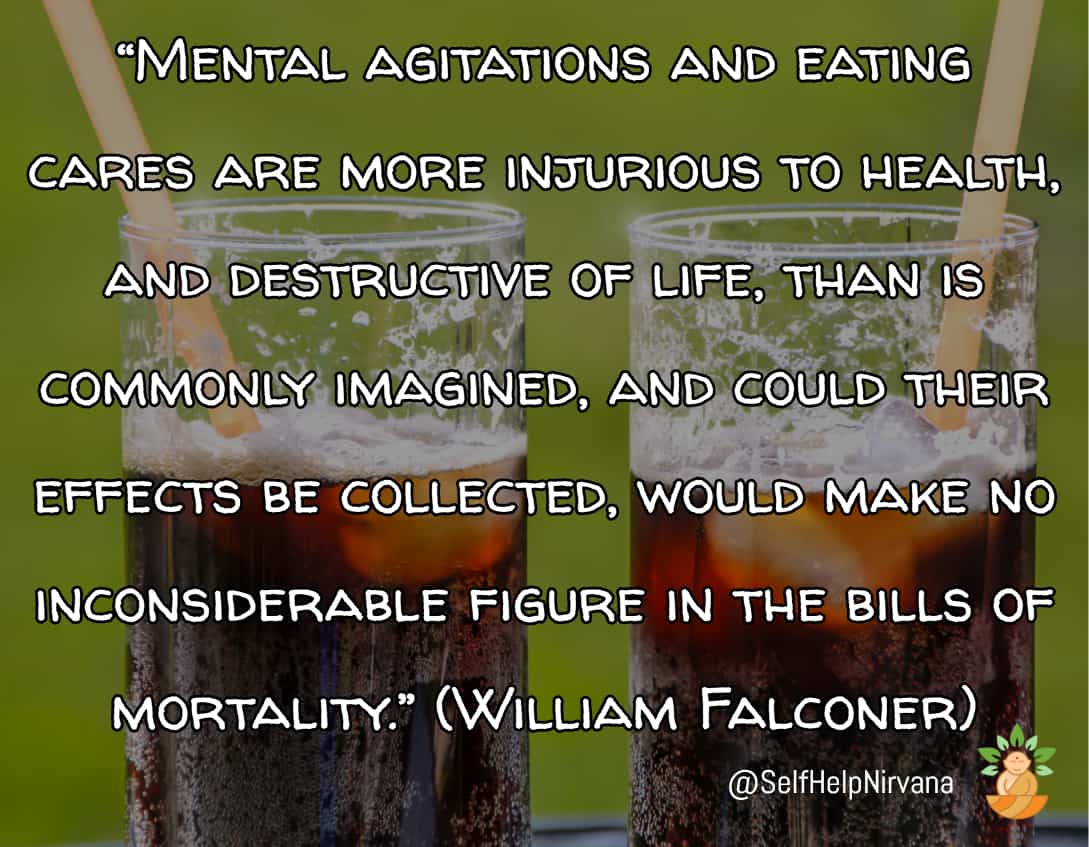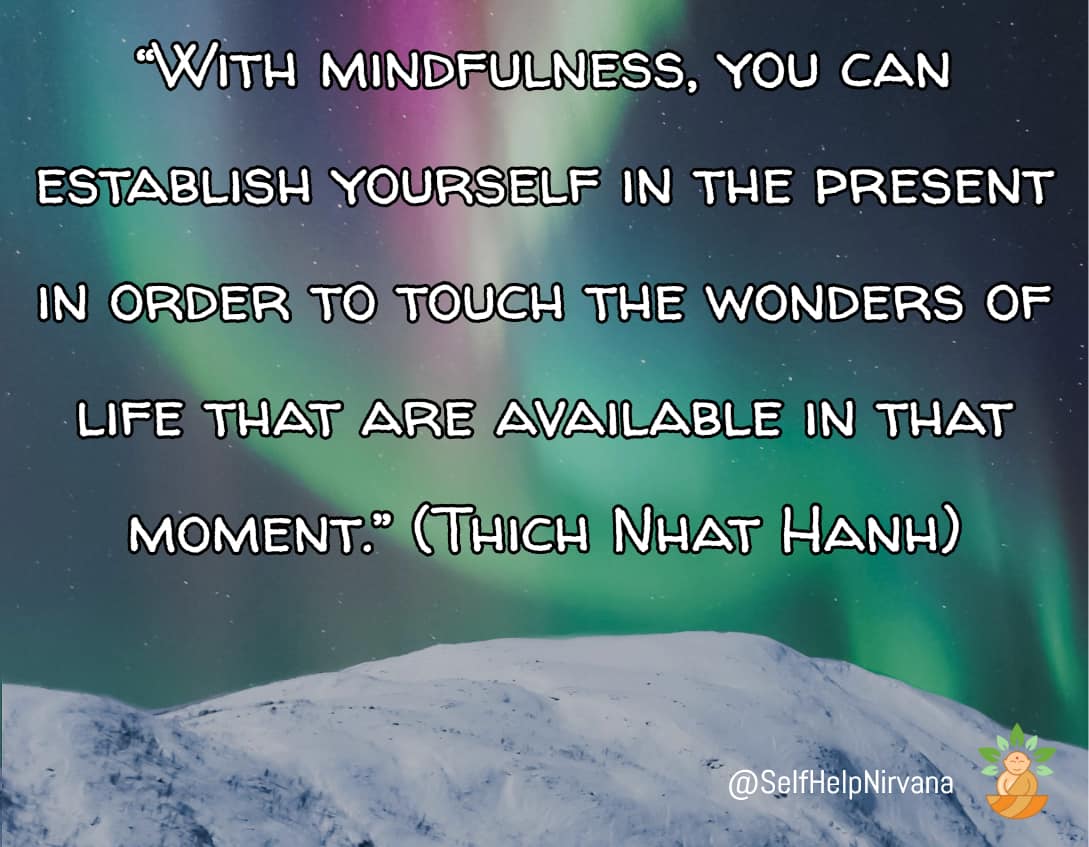All You Need To Know About Mindful Eating

Introduction
We’re in unusual times, so it’s more important to focus on health than ever before.
Stress can lead to poor eating habits, and it’s no secret that many people turn to food during times of high anxiety, which can result in overeating and poor food choices.
At the same time, of course, food can be enjoyable and a promoter of good health.
The idea of mindfulness has been circulating for thousands of years but has only become a popular topic in the Western world recently.
What is mindfulness?
It’s simply using your attention in an intentional way.
If you’re awake, your attention is on something – it might be a TV show, something outside your window, your thoughts, your dog, the pain in your foot, the temperature of the room, or folding your laundry.
You can’t help but have your attention on something – even when you’re meditating, you’re focused on something.
However, if you’re having a conversation, but thinking about your weekend plans, you’re not being mindful – because mindfulness involves paying attention to the present moment.
So, if you’re having a conversation, you’re paying attention to the conversation, but you’re also noticing when your attention wanders.
What does mindfulness have to do with eating?
Everything.
Consider these topics as a way to learn more about your relationship with food and how mindful eating can benefit you:
- What is Mindful Eating? The first section, which will define mindful eating and describe the numerous benefits that it provides, lays the groundwork for the rest of this report.
- Discovering Your Eating Cycle: You’ve probably never thought about what, when, where, why, and how you eat – but you’ll be an expert on your habits and relationship with food by the completion of this section.
- Stress-Related Eating: Stress changes your eating patterns, but do you know why? You will. You’ll also know how to avoid making poor eating decisions during the stressful times we’re experiencing.
- Food and Mood: Food affects your mood. You’ll learn about nutritional psychiatry and how you can investigate how the foods in your diet affect your mind and body.
- A Suggested Process for Eating Mindfully: Putting all the information together, you’ll have a basic outline to adapt as you see fit. You’ll also be introduced to some ideas for actually making mindful eating a part of your life.

What Is Mindful Eating?
Mindful eating is simply eating with your full awareness on your food and the entire eating process.
Most people sit down for a meal and mindlessly fill themselves up, and they often overeat because they aren’t paying attention to whether they’re full or not.
They also eat unhealthy food because they haven’t given serious thought to the nutritional value of their meal they’re about to eat.
Their mind isn’t on their meal. They’re thinking about the bills that need to be paid. They might be watching TV. They might even be driving down the road while eating a meal.
All of this is the exact opposite of mindful eating.
Mindful eating has several components:
- Hunger. Ask yourself before you start eating, “Am I hungry?” If you’re not hungry and you’re not planning on climbing a mountain later that day, you’re probably better off not eating. Your body is very adept at telling you when it requires more food. Consider these questions:
- If you are hungry, how hungry are you?
- Should you be hungry based on your recent eating activity?
- How much food do you think it will take to satisfy you?
- What are you hungry for? Is that a healthy option?
- Nutritional Value. Before eating anything, think about the nutritional value of that food. Roughly how many calories is it? Is it a food high in carbohydrates? Is it high in fat? Does it contain a lot of vitamins and minerals, or is it basically junk food?
What are your current goals regarding your health and body weight? Does this food help you to achieve those goals, or will it move you in the opposite direction?
- Project Into The Future. Most people only consider how a food is going to make them feel while they’re eating it, but they fail to consider how they will feel physically and emotionally after the act of eating has concluded.
Before you eat something, ask yourself how you’ll feel immediately afterwards, and how you’ll feel an hour or two later.
- Appearance. What does the food look like? What colour is it? Is it appealing? How is the food arranged on the plate? Based on the appearance, how do you anticipate the food will taste and feel in your mouth?
- Smell. What do you smell? Can you smell the spices used in the food? How do you anticipate the food will taste based on the smell? Can you tell how hot the food is by bringing it close to your nose?
- Taste. It’s time to finally taste your food. Feel your jaw moving. Notice how your tongue is involved in the eating process.
Take your time and chew your food thoroughly. Depending on what you’re eating this might require quite a bit more time than you’re used to, but it’s a lot easier on your body to digest food that’s been chewed very thoroughly.
Notice the flavour of the food. Describe the taste to yourself.
- Texture. What does the food feel like in your mouth? Is it crunchy? Hot? Cold? Slimy? Soft? Describe the texture to yourself. Pay attention to the texture after you’re done chewing and about to swallow. What does your food feel like now?
- The Effect On Your Mind And Body. Foods can affect your mood and your body.
For example, most people find the taste of chocolate to be very soothing. Hot, spicy foods can be invigorating and make you sweat. You might find that foods containing gluten make you feel bad mentally and/or physically. Maybe you feel guilty about eating animal products.
Notice the effects that your meal has on your mind and body during and after the meal. Pay attention for two hours after the meal and rate how you feel.
- Presence. Are you paying attention to the overall eating process? Or is your mind somewhere else? Are you having a lively debate at the dinner table? Are you watching a movie in the background? Listening to music? Playing a game? Worrying about your finances? Thinking about work?
If you’re eating mindfully, you’re not thinking about, or paying attention to, anything outside of the meal.
This doesn’t mean it’s necessary to ignore your family during a meal – but keep the distractions to a minimum and focus on your meal. You can chat more or play a game afterwards – so no phones, radios, TVs, tablets, computers, books, or games while you’re eating.
Mindful eating is putting your full awareness on the eating experience, so it goes beyond the items listed above.
For example, it also includes understanding your eating habits, evaluating hunger, choosing the right foods for you, eating the proper amounts, and being fully engaged with the eating process while you’re eating.

The Benefits Of Mindful Eating
Mindful eating is a powerful process that delivers significant results to your health, life experience, and psychology.
Eating is the most important input you have to influence your body, and when you become an expert at eating, you’re going to have positive results.
Enjoy the many benefits of eating mindfully:
- Better Digestion. When you eat healthy foods, eat them slowly, chew them thoroughly, and avoid overeating, your digestion improves significantly as a result.
- Better Understanding Of Yourself. When you examine your behaviour, habits, and motivations, you learn more about yourself. Most of us are oblivious to ourselves, and it’s only through a careful study of yourself that you can truly learn about yourself.
- Development Of Mindfulness Skills That Can Be Applied To Other Parts Of Life. Mindfulness is a universal skill that can affect every part of your life in a positive way. Mindfulness will increase your life satisfaction.
- Enjoy Meals More. Meals are more enjoyable if you pay attention to them. Meals are also more enjoyable when you know that you’re in control, and that you’re doing what’s best for your health.
- Greater Control Over Eating Habits. Mindlessness leads to abuse. When you look at food accurately and objectively, it’s easier to behave in a positive manner. Mindful eating is a set of healthy habits that also helps to break an unhealthy relationship with food.
- Greater Health. When you develop the ability to eat mindfully, you’re much more likely to eat healthy foods in the proper amounts and at appropriate times. The result is greater health.
- Higher Resistance To Eating Disorders. Eating disorders are at the opposite end of the spectrum from mindful eating. While this report is not intended to be a treatment for eating disorders, it can be an effective preventative measure (and there are other articles specifically about this subject) because mindful eating is a healthy way of eating that puts food in a positive perspective.
- Weight Loss. Mindful eating greatly reduces the likelihood of obesity and can lead to significant weight loss.
There’s no downside to mindful eating. If you take the time to master this skill, you’ll see numerous benefits in all parts of your life.
What you learn from eating mindfully can be applied to other parts of your life – mindful eating affects your mind, body, and life experience for the better.

Discovering Your Eating Cycle
Understanding the what, when, why, how, and where of your eating patterns will allow you to be much more mindful of your eating now and in the future.
So if you’ve never given any thought to your eating patterns and choices, now is the time to investigate them.
Consider these questions to learn about how you approach food and eating:

Sorry - The Rest Of This Article Is Only For Self Help Nirvana Members
JOIN NOW FOR $7Self Help Nirvana is an online community for everybody whose goal is personal improvement and development. Become a Self Help Nirvana member today and get access to everything here at SelfHelpNirvana.com!
Already a member? Sign in.






